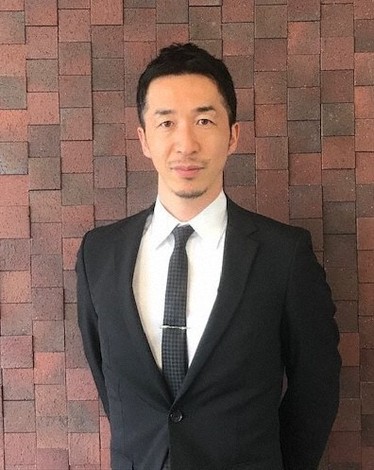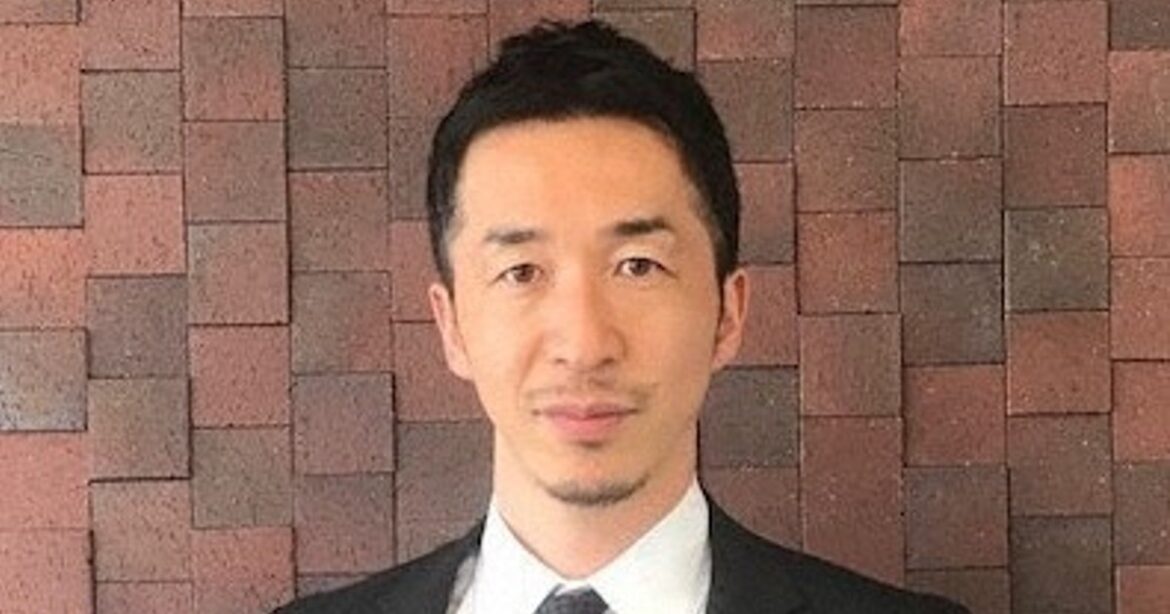
Takaaki Hiratsuka, professor of applied linguistics at Ryukoku University, is seen in this photo provided by himself.
By Takaaki Hiratsuka, professor of applied linguistics at Ryukoku University
Have you ever felt like an imposter in your own profession? I have.
As a Japanese English teacher and researcher, I spent years questioning if I really belonged in a field that seemed to value something forever beyond my reach: not my skills or dedication, but the simple fact that I was not a native speaker of English.
That feeling never quite left me, even after I became a professor of applied linguistics and published books in English with international publishers. But over time it dawned on me that the problem was never personal inadequacy. It was the weight of an outdated system — one that privileges “native speakers” and sidelines others.
This system has a name: “native-speakerism.” It is the belief that people who grew up with English as their first language are naturally better teachers, researchers, and role models than those who learned it later. It remains hardwired in Japan’s English education policies, recruitment practices, and even everyday classroom interactions.
During my years as a high school teacher, I watched untrained native English speakers hired as foreign assistant language teachers (ALTs) automatically treated as authorities, whereas highly trained Japanese colleagues constantly had to prove their worth. Later, as a graduate student overseas, I saw how non-native speakers were expected to jump extra hurdles: translating data, polishing English prose, working their way around unfamiliar academic cultures — all while keeping pace with classmates free of such burdens. I mean, just look at the flourishing industry of English conversation schools and online platforms that market “authentic” native English — whatever that means.
These experiences left me wondering: Why do we continue to tolerate a double standard that suffocates so much talent in our field?
Through my research, I have heard countless stories of Japanese teachers, graduate students, and university professors wrestling with the same contradictions. One teacher described years of self-doubt despite strong results in the classroom, simply because he lacked “native speaker” status. A graduate student told me of the exhausting process of rewriting and translating her research, only to see her native-speaking peers move ahead faster.
And yet, I have also seen moments of hope — moments when people begin to move beyond this rigid binary.
This is where the idea of “trans-speakerism” comes in. It is a perspective I have developed to confront the old hierarchy. Instead of measuring people by the circumstances of their birth, trans-speakerism celebrates professional competence, creativity, and capacity to draw on idiosyncratic experiences. In short, it says: your worth as a student, teacher, or researcher comes from what you can do, not what your passport reads.
The transition from native-speakerism to trans-speakerism is not just theoretical. In practice, it has meant witnessing American PhD students select me as their supervisor not despite my Japanese background, but because of my insights into research. It has meant seeing Japanese teachers thrive when they are liberated to use the full range of their linguistic and cultural knowledge and feel legitimized in their own right, instead of hiding in the shadow of “native speaker” supremacy.
But change is not easy. It requires uncomfortable questions. Why do many hiring practices in Japan still automatically prefer native speakers, regardless of qualifications? Why do editorial boards of major journals remain dominated by scholars from English-speaking countries? Why do institutions fail to acknowledge the added burden non-native scholars face when writing and publishing in English?
Reckoning with these questions matters not just for fairness, but for the future of English education itself. When we disregard talented teachers and researchers simply because of how they learned English, we waste enormous potential. Worse, we send students the wrong message: that their own English, no matter how accomplished, will always be “less than” someone else’s.
Japan is hardly alone in this struggle. Across Asia, the Middle East, and beyond, educational frameworks still cling to the myth that the best English teacher must be a native speaker. But Japan has an opportunity to lead the way in altering course — especially as we approach the 40th anniversary of the JET program, which itself is an epitome of contradiction in English education in Japan.
What would change look like? It starts with concrete steps:
Reforming hiring practices so that qualifications and teaching skills matter more than birthplace.
Diversifying editorial boards and conference leadership to ensure greater representation of scholars from outside English-speaking countries.
Recognizing, supporting, and rewarding teachers and researchers for their qualifications, experiences, and training — regardless of their “speakerhood” or linguistic background.
These changes will not happen overnight, and they will not happen without resistance. But they are both necessary and possible.
When I look back now, I no longer see my early sense of being an imposter as a personal flaw. It was the product of an entrenched mechanism and overarching narrative designed to make people like me feel less worthy. But it also leaves many highly qualified “native speakers” frustrated because they are valued as symbols rather than respected as professionals. That is precisely why we must advocate for trans-speakerism in English education — an approach built on diversity, equity, and inclusion.
My journey has taught me this: The native-speaker myth dies when we stop feeding it. And we stop feeding it by honoring individual expertise.
Profile:
Takaaki Hiratsuka is a professor of applied linguistics at Ryukoku University, Japan. His recent book publications include: Narrative Inquiry into Language Teacher Identity: ALTs in the JET Program (Routledge, 2022), Team teachers in Japan: Beliefs, Identities, and Emotions (Routledge, 2023), Native-speakerism and Trans-speakerism: Entering a New Era (Cambridge University Press, 2024), Trans-speakerism: A Collection of Empirical Explorations (Routledge, 2025), Trans-speakerism and Empowerment: A Global Dialogue in Language Education (Palgrave Macmillan, 2026), and Trans-speakerism in Action: Transforming Language Education through Exploratory Practice (Cambridge University Press, 2026)


AloJapan.com